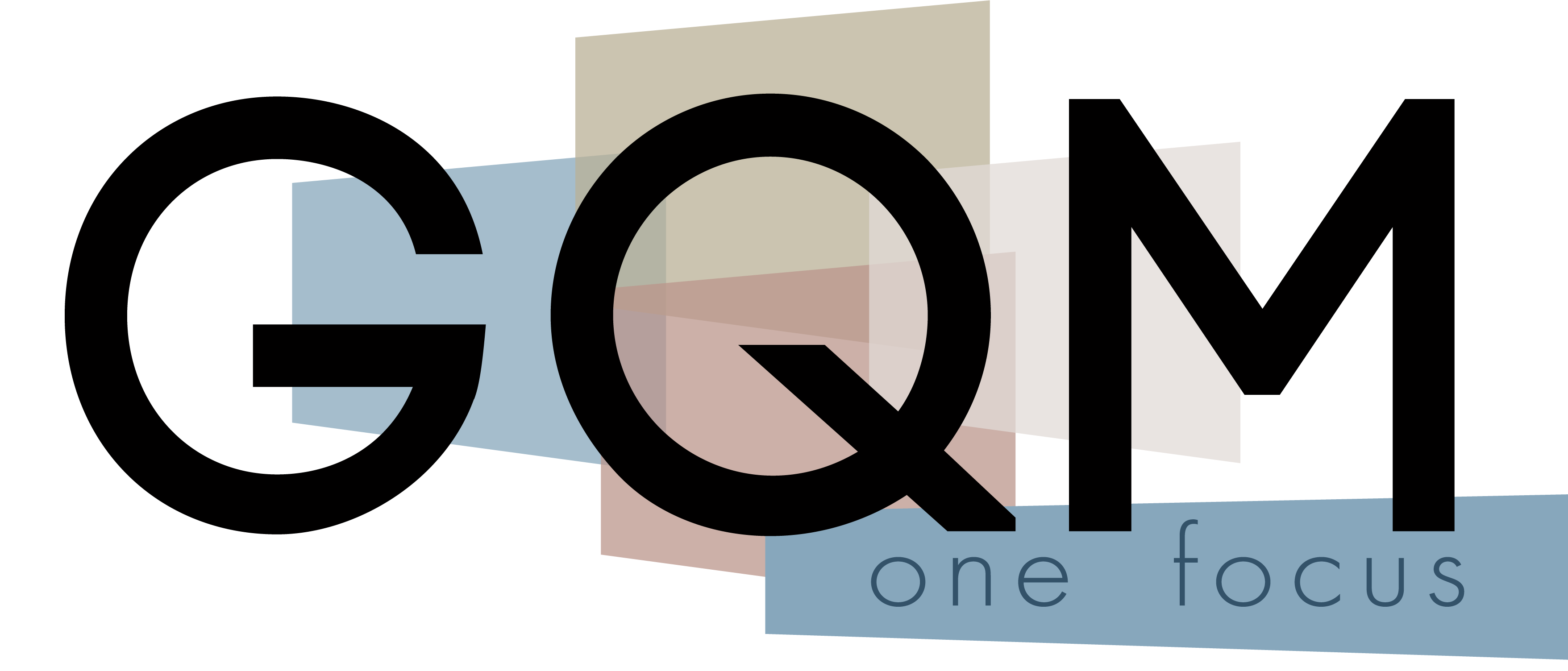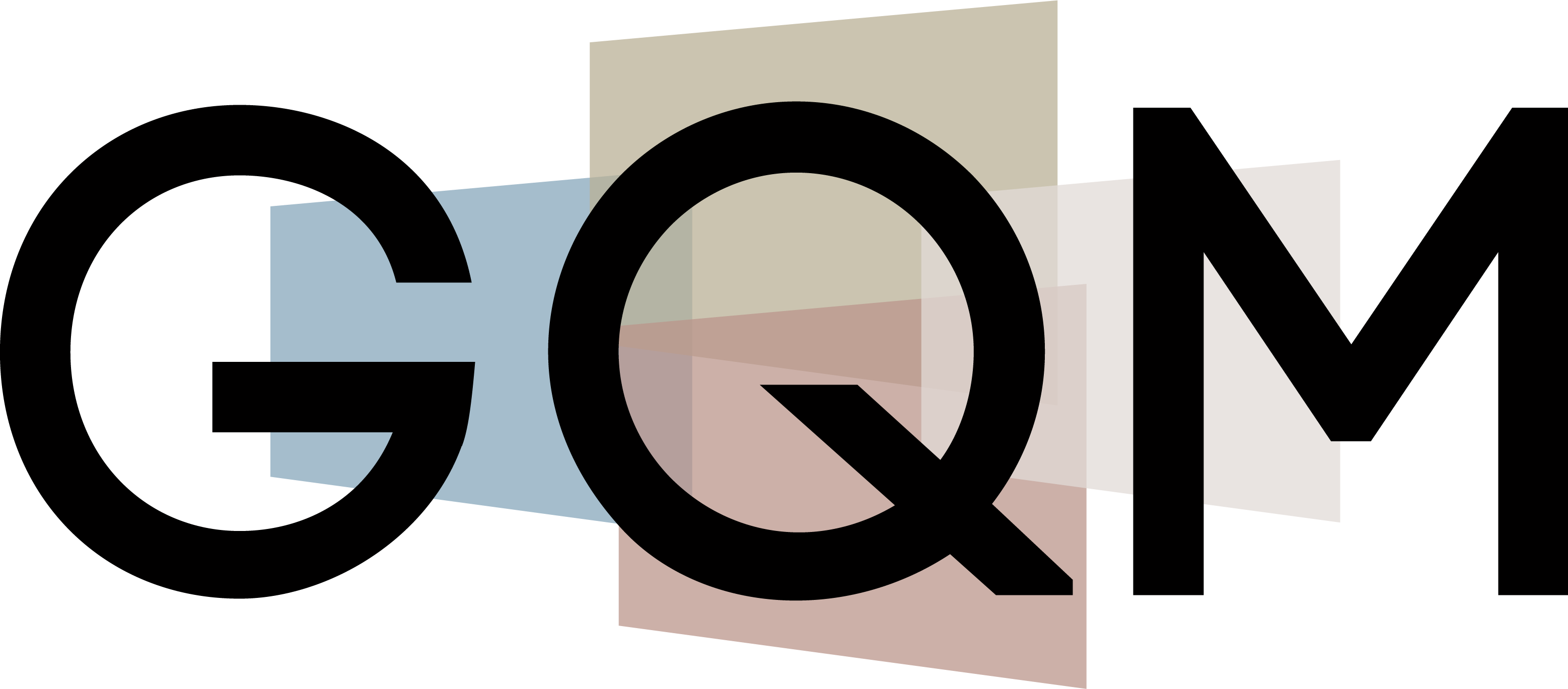RESURRECTION: Daily Reading Plan #1

John 11:17-27
On his arrival, Jesus found that Lazarus had already been in the tomb for four days. Now Bethany was less than two miles from Jerusalem, and many Jews had come to Martha and Mary to comfort them in the loss of their brother. When Martha heard that Jesus was coming, she went out to meet him, but Mary stayed at home.
"Lord," Martha said to Jesus, "if you had been here, my brother would not have died. But I know that even now God will give you whatever you ask."
Jesus said to her, "Your brother will rise again."
Martha answered, "I know he will rise again in the resurrection at the last day."
Jesus said to her, "I am the resurrection and the life. The one who believes in me will live, even though they die; and whoever lives by believing in me will never die. Do you believe this?"
"Yes, Lord," she replied, "I believe that you are the Messiah, the Son of God, who is to come into the world."
When her brother succumbed to illness, Martha pointed out her belief that God would answer any request made by Jesus (John 11:22). In context, that was a thinly-veiled appeal for Jesus to bring Lazarus back from the dead (John 11:17). Like Jesus' mother, however, Martha was more focused on simply telling Jesus the problem (John 2:2–5) than demanding a specific solution. His response, that Lazarus would "rise again," echoed statements made by Jesus in His earlier teachings (John 6:39–40). Those mentions of resurrection often referred to the last days, or the end times. Martha's familiarity with Jesus' message (Luke 10:38–42) probably caused her to interpret His comment as a gentle, reassuring, "no." That is, she probably thought Jesus meant, "He'll live again, someday" (John 11:24).
Here, Jesus continues the conversation with the fifth of seven "I AM" statements as found in the gospel of John. In Exodus 3:14, God referred to Himself using the expression "I AM." This is a statement of God's absolute, necessary, and eternal existence. That is the definition of God: the One who "just is," who "must be." Jesus used the same terminology several times, to connect His message and ministry to that of God. In doing so, Jesus laid claim to being God, and equal with God (John 20:30–31).
This particular "I Am" statement puts a personal emphasis on human salvation. Unique among other claims about eternity, the gospel explains that the ultimate fulfillment of human desire is a person. It's not knowledge, or accomplishment, or some state of being. It's the "light of the knowledge of the glory of God in the face of Jesus Christ" (2 Corinthians 4:6). Jesus does not merely claim to speak about "the life," He identifies as "the way, the truth, and the life" (John 14:6). Just as drowning people want a rescuer, not advice on swimming, condemned sinners need a Savior, not spiritual self-help.
In saying this, Jesus is not contradicting Martha's earlier statement about her brother. Instead, He's continuing to set up the message behind his seventh "sign," found later in this chapter. To do this, He makes wordplay with the ideas of life and death, fleshed out in the following verse.
Reflection Questions
- What do these verses say about resurrection?
- What do these verses call me to do as a result of taking them to heart?




